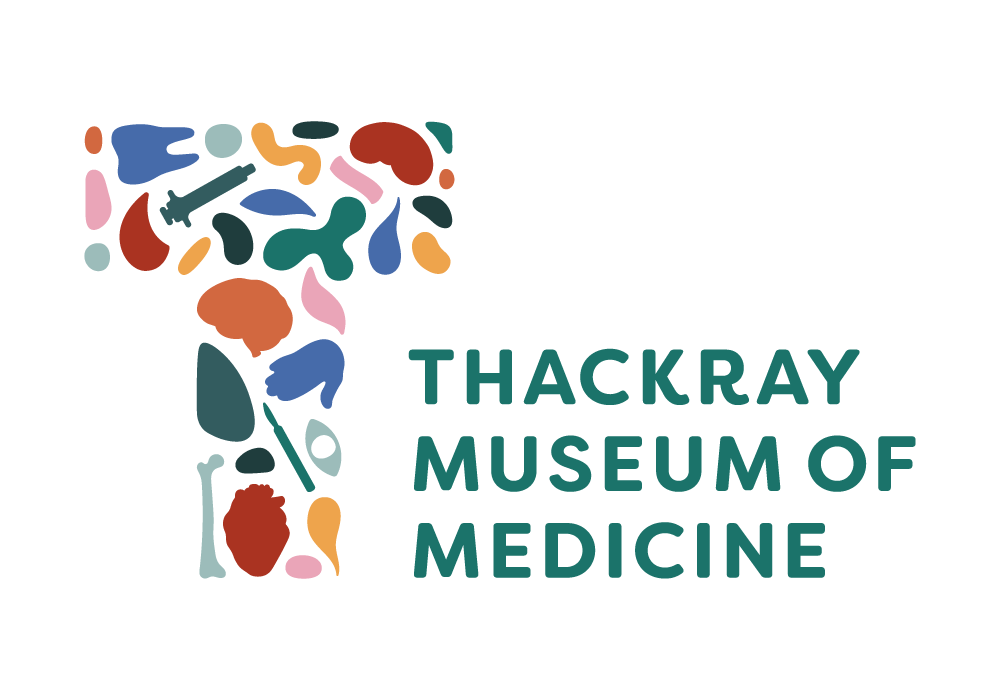Why hand washing is good for our health
Did you know… there was a time when people had no idea that germs existed?
Before germ theory we didn’t know that there were bacteria, viruses, fungi and other microorganisms that could kill us.
So when did we discover germs?
Ignaz Semmelweis, a Hungarian obstetrician, whilst working in Austria noticed that in his hospital there were different mortality rates on different wards: women who gave birth in the wards supervised by nurses and midwives had better survival rates than those treated by the male doctors.
This, he concluded was because the doctors also did post-mortems and other medicine and then didn’t wash their hands before treating the women. The nurses and midwives only delivered babies.
He suggested that hand washing might reduce mortality. Unfortunately, the doctors took offence at the idea they could be killing their patients with dirty hands and Semmelweis ended his days in a lunatic asylum.
Later, Joseph Lister in Scotland, also made observations about infection and mortality rates. He believed something tiny was causing harm to his patients. Initially he was laughed at but he introduced carbolics into his operating theatres and reduced mortality rates so significantly that people had to start taking him seriously.
Lister and others in the 19th century helped us to know that people and places need to be clean.

